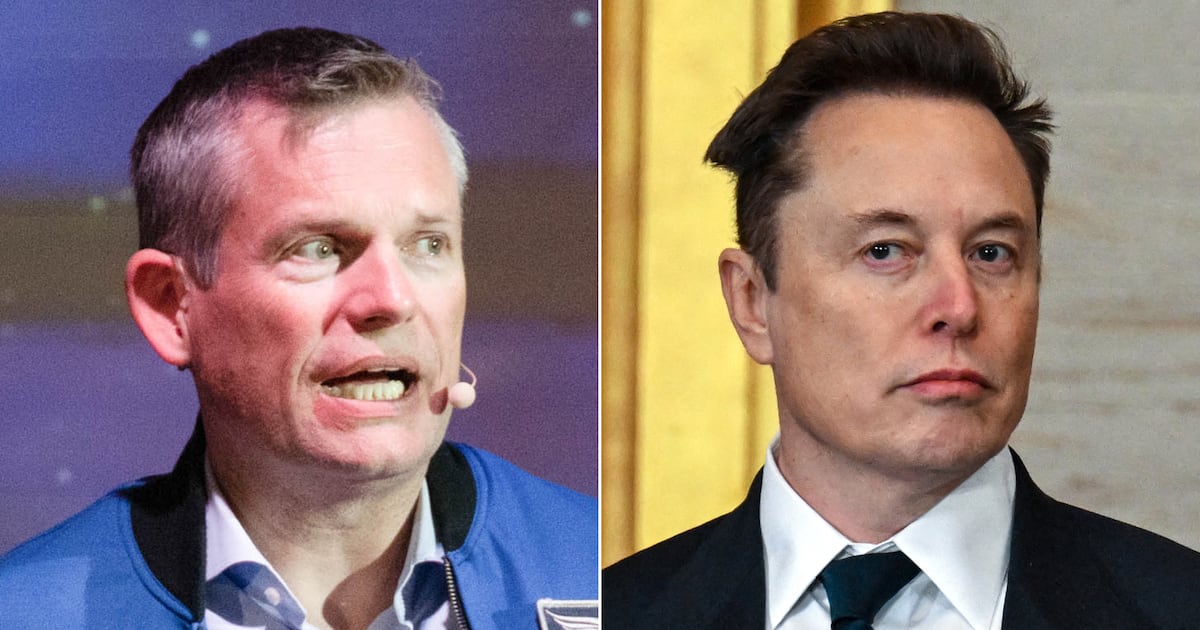Songwriting legend Leonard Cohen has a lifetime of iconic masterpieces, many of which—“Hallelujah” most famously—are infused with religious themes. Now, at age 82, he has just released one of his most powerful.
The track, “You Want It Darker,” is four minutes of bleak, religious confession from a man facing his own mortality. (Cohen recently penned a farewell letter to one of his first muses, Marianne Ihlen, shortly before she died in July. “I will follow you very soon,” he wrote.) It is filled with allusions to Jewish liturgy, Christian liturgy, and Biblical texts. It features backing vocals from the cantor and choir of a synagogue in Cohen’s hometown of Montreal. It is, in the opinion of this rabbi and longtime Cohen fanatic, an instant masterpiece.
If You are the dealer, I’m out of the game If You are the healer, I’m broken and lame If Thine is the glory, then mine must be the shame You want it darker – we kill the flame. Magnified, sanctified is your holy name Vilified, crucified in the human frame A million candles burning for the help that never came You want it darker – Hineni, Hineni, I’m ready, my Lord.
Like his fellow Jewish troubadour, Bob Dylan, Cohen has long maintained an ambivalent relationship with the Old (and New) Testament God. On the one hand, Cohen not only quotes the Kaddish, the Jewish prayer for the dead (“magnified, sanctified…”) but addresses the Divine directly. On the other hand, this is the God that has dealt Cohen out of the game, ignored the “million candles” lit in vain hopes of salvation, and seems only to “want it darker.” God is real, but he’s a mean motherfucker.
This is a step beyond Cohen’s famous lines, borrowed from the Sufi poet Rumi, that we should “ring the bells that still can ring / forget your perfect offering / there is a crack in everything / that’s where the light gets in.” The vessel isn’t just cracked now; it’s fallen apart entirely.
“You Want It Darker” also reminds me of the last Johnny Cash recordings, which were similarly infused with the spirituality of the sinner, the broken man at the end of his wayward life who at once reaches out toward God, and despairs. But where Cash maintained a faith in the moral order of the universe to the end, Cohen sings (or growls) “They’re lining up the prisoners and the guards are taking aim.” It’s hard to imagine Johnny Cash taunting God the way Cohen does. If the world is as dark as it seems, if humankind so irredeemable, then God must want it this way: darker.
The Hebrew word Hineni, which Cohen sings in the song, literally means “Here I am.” Figuratively, when it’s used by Abraham and other Biblical heroes, it is an assertion of moral responsibility: I’m here. I’m not running away. Here I am.
Appropriately for the timing of the single’s release—it is the title song of Cohen’s forthcoming album—the word Hineni is also the title of the Cantor’s Prayer on Yom Kippur, in which the cantor confesses to being unworthy to represent the congregation and stand before the Almighty. It’s almost as if Cohen is making a similar confession. I may be a poet, a hero, and a star, but You know as well as I do that I’m unworthy of all that. I’m here before You—ready for You to take me.
It’s not that Cohen or I believe any of this stuff literally, of course. Religious language works on a level deeper than the literal. These are the words of a soul of an 82-year-old at the end of a long carnal and spiritual life. They are poetry, not prose; the broken heart, not the logical mind.
Cohen, famously, is also a Buddhist practitioner, though his Buddhism, too, has tended to favor the iconoclastic poetry of Zen masters over the mindfulness meditation popular with Silicon Valley types today. And there is a Zen-like directness in “You Want It Darker” as well: this is how it is, Cohen is telling us, no varnish, no bullshit.
Thankfully, Cohen’s words are here accentuated by the song’s production, rather than undermined by it, as in some of his past recordings. Adam Cohen, Leonard’s son and a singer-songwriter in his own right, keeps things simple, with a bass line, electronic and acoustic percussion, and subtle Hammond organ in the background. It sounds current, especially for an octogenarian, but the emphasis is on the vocal and the haunting cantorial background.
Will a man born in 1934 score a pop hit in 2016? Probably not. But will this late masterpiece be remembered, long after Leonard Cohen has left us? Definitely.






